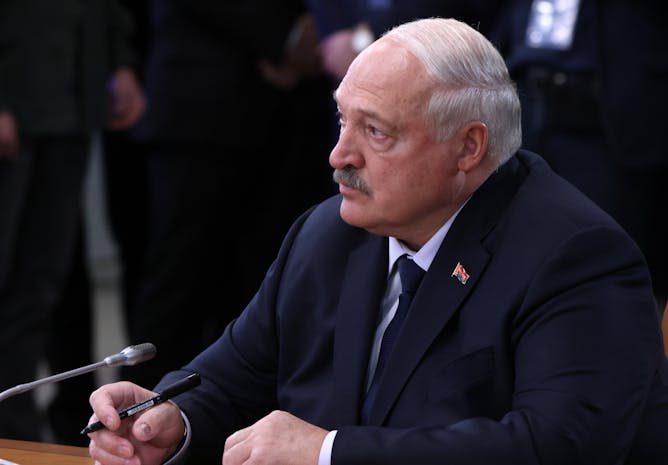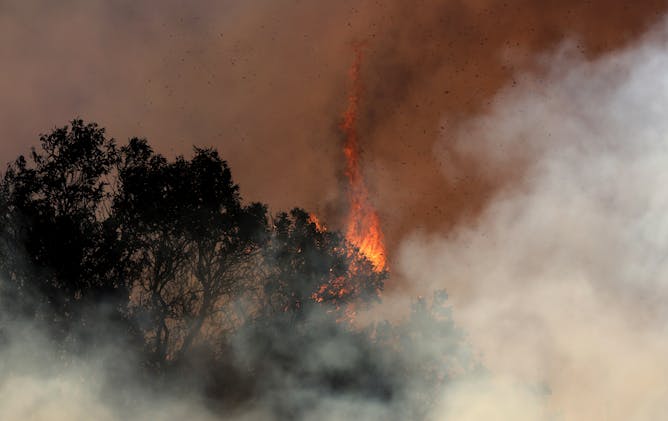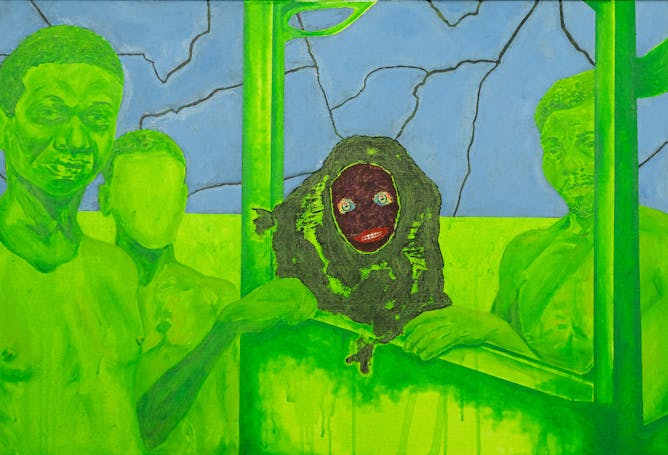|
As Donald Trump settles into his second term in the White House, over in Eastern Europe, another leader is about to secure his seventh. In Belarus on Sunday, an election in name – but a formality in nature – will see Alexander Lukashenko “win” and be allowed to continue as president, a role he has held since 1994.
During that time, he has driven the country further and further away from democratic norms and down the road of repression. This election will take place with the backdrop of no genuine opposition, a ban on overseas voting, media bans, and the memory of a brutal crackdown on protests after the last national vote in 2020.
But as Tatsiana Kulakevich, an expert on Belarusian politics, writes, just because an election is a sham, that doesn’t mean it isn’t consequential. “For the people of Belarus, another term under Lukashenko would see the continuation of his suppression of freedoms and the increasing reliance on Russia for both political and financial stability.” Meanwhile, Lukashenko’s “loyalty to the Kremlin ensures that Belarus will remain a critical player in Russia’s
broader geopolitical confrontation with NATO and the West,” writes Kulakevich.
In a separate article, Paul Edward Fisher explains how Lukashenko’s benefactor, Russia’s Vladimir Putin, was able to become his country’s “president for life,” too.
Elsewhere this week, we have been keeping an eye on South African police’s brutal tactics in the face of illegal miners and revisiting some lessons from history about the way humans, fire and ecosystems interact.
|

Belarus’ Alexander Lukashenko is often described as ‘Europe’s last dictator.’
Getty Images
Tatsiana Kulakevich, University of South Florida
In power since 1994, Belarus’ Alexander Lukashenko has aligned the country with Russia in an ideological battle with the West.
|

Gemma Ware, The Conversation
Paleoecologist Emily Lindsey on the wildfires that led to mass extinction during California’s Ice Age. Listen to The Conversation Weekly.
|

Armin Langer, University of Florida
When satire targets marginalized groups, it risks reinforcing harmful stereotypes rather than challenging them.
|

Tinashe Mushakavanhu, University of Oxford; Barnabas Ticha Muvhuti, Rice University
A new coffee table book explores the ties that bind the work of southern Africa’s contemporary artists.
|
|
|
-
Rosalind C. Morris, Columbia University
South Africa’s police have resorted to medieval military tactics against illegal miners. But the solution lies elsewhere: massive regional economic repair.
-
Matthew Ricketson, Deakin University; Andrew Dodd, The University of Melbourne
While few people have received an apology from a Murdoch-owned publication, Prince Harry now has. But if you think this is the end of the long legal saga, you may well be wrong.
-
C Raina MacIntyre, UNSW Sydney
If the World Health Organization doesn’t reform, other member countries may also jump ship.
-
Maha Nassar, University of Arizona
Israel has launched what it describes as an ‘extensive and significant’ operation in the West Bank camp, home to 25,000 refugees.
-
Guzel Garifullina, University of Richmond
Russia’s emphasis on what it deems family values comes from the top, but some of the policies that most impact Russians are implemented by regional governments.
|
|